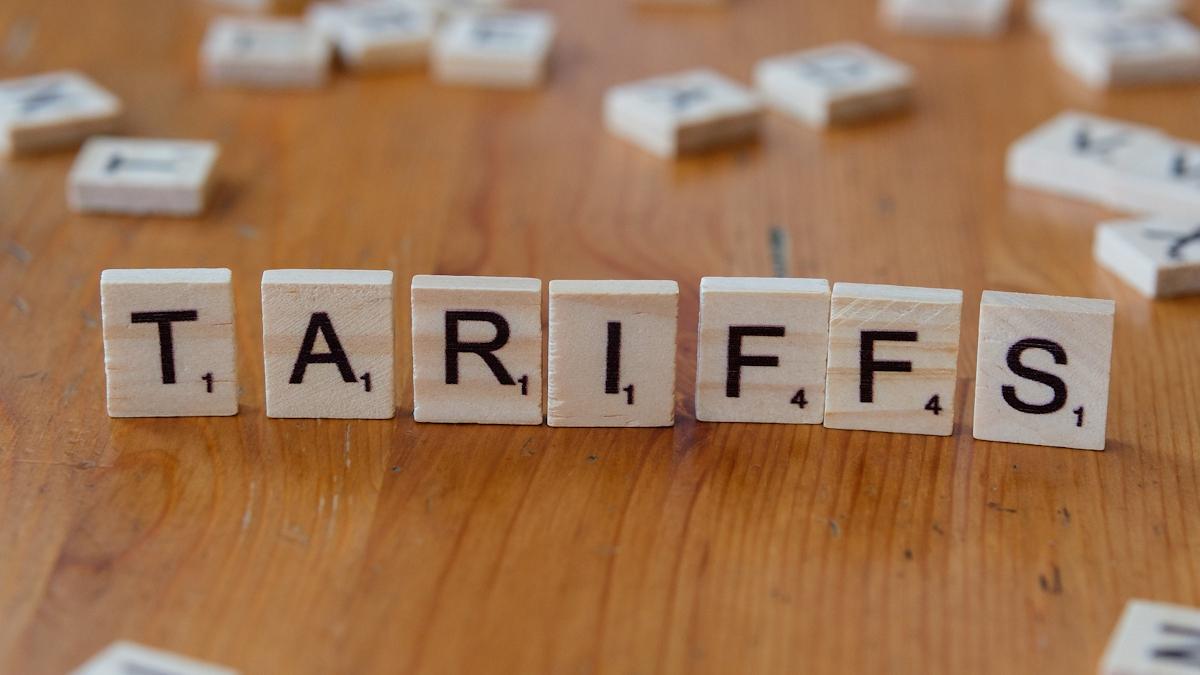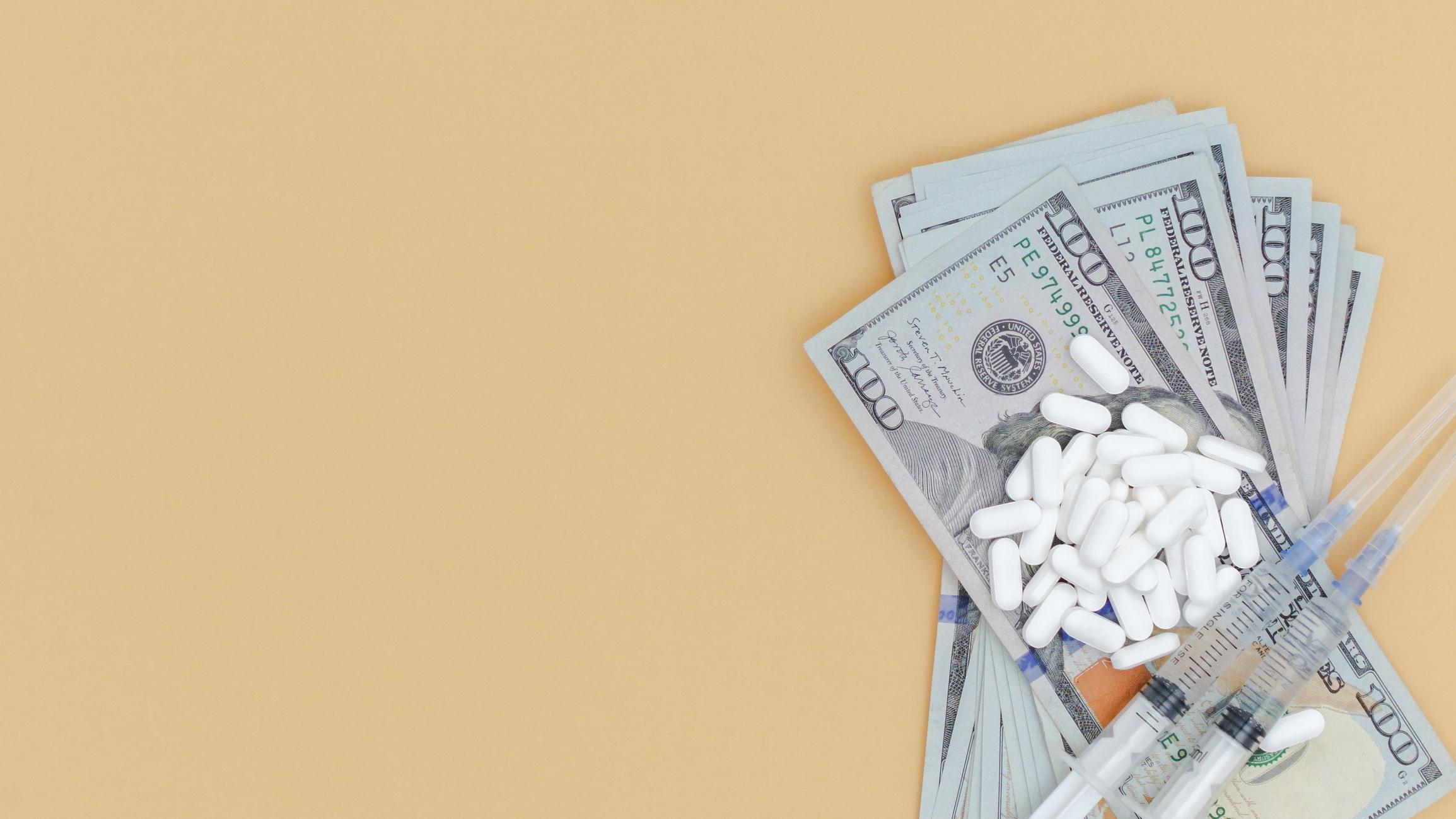Tariffs 'could cancel out discounts with biosimilars'

Tariffs on US pharma imports could remove discounts offered to health systems by biosimilars and threaten the future of the sector, according to a non-profit group.
Juliana Reed of the Biosimilars Forum, which lobbies for ways to increase access to biosimilar copies of brand name biologic medicines, is concerned about dire consequences if the Trump administration acts on its threat to impose levies on medicines.

"In order for biosimilars to offer cost-savings of up to 85% discounts on reference product medicines, the industry has had to design and implement one of the most efficient supply chains and manufacturing processes in the world," she said.
"We are concerned that, following this investigation, tariffs on pharmaceuticals could raise prices for patients, exacerbate drug shortages, and dangerously disrupt supply chains for life-saving medicines, including biosimilars," according to Reed.
The comments follow the just-announced Section 232 national security investigation into the pharma sector by the Trump administration, and repeated comments by the President and other senior figures that tariffs are on the way imminently.
"Tariffs that directly target the biosimilar supply chain – from the original ingredients to the [finished] products – could threaten the future viability and existence of the biosimilars industry," she added, pointing out that each biosimilar takes eight to 10 years to develop at a cost of close to $300 million.
The payoff for US healthcare systems are prices that are on average 50% lower for biosimilars than their branded equivalents, a key asset in Trump's stated aim of reining in "burdensome healthcare bureaucracy and out-of-control spending in Medicare."
Pharma has so far been exempted from Trump's tariff blitz, which imposed a flat rate of 10% on imports from 5th April and much higher levels on countries deemed to have the greatest trade surplus with the US, including a 145% rate on China, which has since responded with a 125% rate on US imports.
For some weeks, the US administration has said it plans industry-specific levies for some key industries, in a similar manner to the current situation for car, steel, and aluminium imports. In 2024, the US imported $213 billion of medicinal products.
'Biosimilar void' looming
The Biosimilars Forum has also pointed to the slow development of the biosimilar sector in the US compared to other areas of the world, such as Europe, which could be exacerbated if margins on the products are reduced even further.
Despite 118 reference biologics expected to lose patent protection over the next decade, only 12 currently have a biosimilar in development.
"The Forum stands ready to work with the administration to further our shared goals – from promoting free market competition to providing lower expenditures for government healthcare programmes to ensuring taxpayers, veterans, and small businesses have the treatment options they need at prices they can afford," said Reed.
She has called on the federal government "to support the biosimilars industry as a key component to Make American Healthy Again and save Americans and the government billions of dollars."
Image by Markus Winkler from Pixabay












